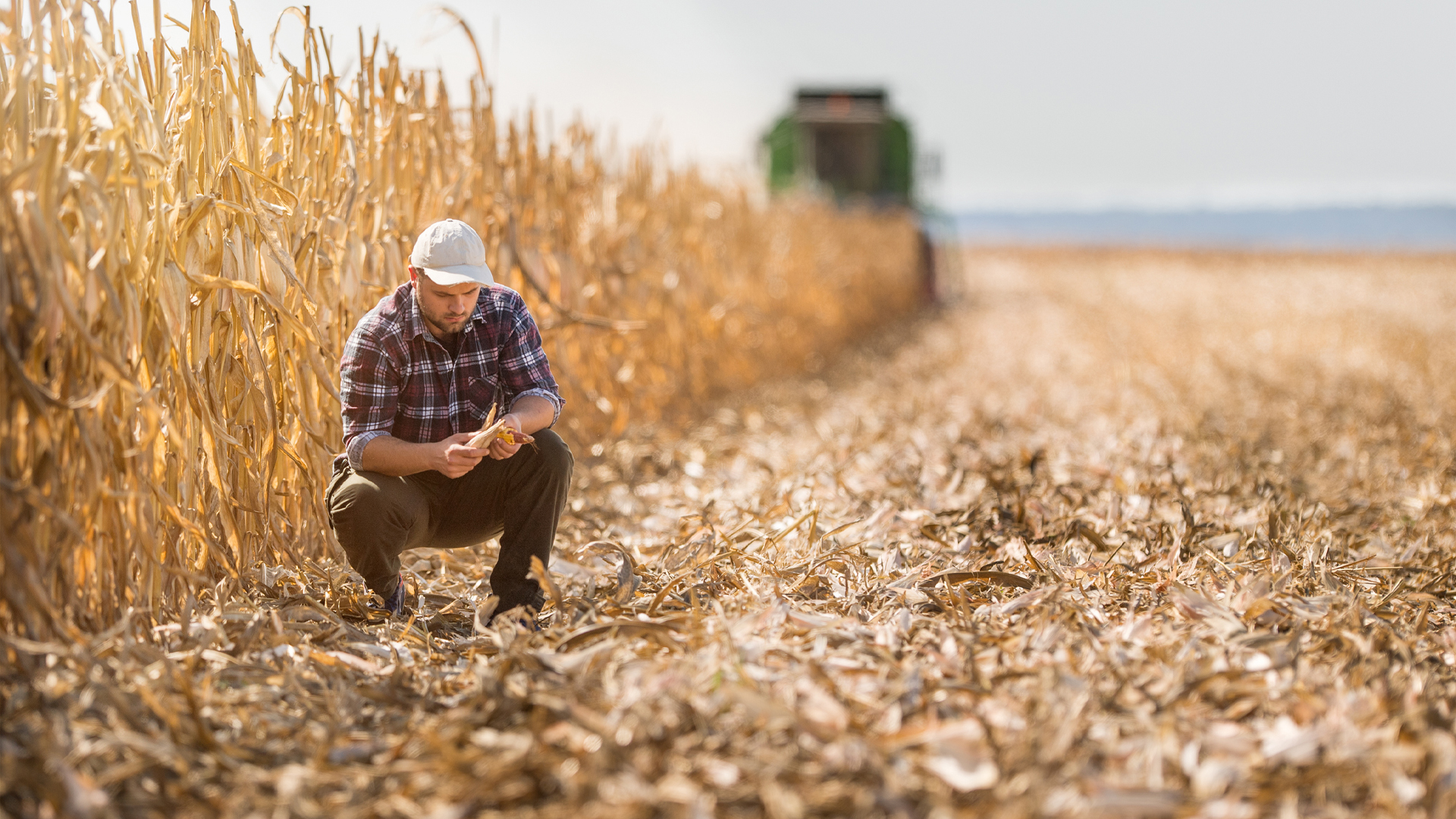
(This article has been translated into French)
As politicians gather at the COP26 global climate conference in Glasgow, we need to make sure we are seizing every opportunity here at home to advance climate action to reduce emissions and adapt to the inevitable impacts of climate change. An incredible opportunity exists for Canada: climate action through better soil health.
Agriculture ministers from across Canada are meeting November 8-10 in Guelph, Ontario, to hopefully agree on a policy orientation that will govern the sector for the next five years. Traditionally these meetings are watched closely by farmers’ organizations and policy experts, but they fall under the radar of most media and the public. This year, however, we should all be paying close attention.
Why? Because the joint agriculture ministers’ policy statement that will come out of the meeting will guide negotiations on agricultural policy and spending from 2023 to 2028. There are already strong indications that sustainability will be an important focus. But if we want to move from aspirational generalities to practical action on the ground, the policy statement should focus on buttressing one of our nation’s most important assets: the soil under our feet.
More and more Canadians care about where the food on their plates comes from and how it is grown. Farmers and ranchers in the Prairies and northern Ontario have faced more challenges this year than ever before from heat, fire and drought. This will be the last five-year framework before the 2030 Paris Agreement deadline, and it will be worth more than $3 billion to the sector over the next five years. We need better public policies to support farmers who are adopting sustainable practices that protect our water and soil, reduce greenhouse gas emissions, and help us adapt to a changing climate.
Cost-benefit analysis is the wrong tool for tackling climate change
As two organizations concerned with sustainable agriculture, the Greenbelt Foundation (Ontario) and Équiterre (Québec) released in March a report entitled The Power of Soils: An Agenda for Change to Benefit Farmers and Climate Resilience. This research provides critical evidence on the power of soil to boost long-term farm profits, improve water quality and biodiversity, and contribute to climate change mitigation and adaptation. Soil health is good for business and for the environment. There is literally no downside to making soil health a priority area for investment.
The no-till revolution and the reduction in soil erosion in the Prairies in the 1980s and 90s show that it can be done, but we need to attract tens of thousands more farmers to innovative soil-management practices. Canadian agriculture ministers should meet the challenge head-on by announcing the development of a bold new soil-health strategy that removes barriers, reduces risks and galvanizes the sector to unleash the innovative spirit of farmers.
There is already some good news on this front. Ontario’s Soil Health and Conservation Strategy, Quebec’s Sustainable Agriculture Plan and the federal government’s On Farm Climate Action Fund, all supporting nature-based solutions, augur well for the resulting policy orientation. But we need co-ordinated action by the provincial, territorial and federal governments so that appropriate programs can be rolled out across the country.
Soil health should be a pillar of climate action
We recommend the creation of a soil health strategy that has clear targets and specific actions to improve the health of our soils and mitigate climate change, is adapted to Canada’s different regions, and includes a secretariat to ensure implementation. Soil health should be a pillar of the agri-environmental strategy proposed in the new federal climate plan. All stakeholders, especially the provinces and territories, should be invited to contribute to this strategy. A private members’ bill (C-290) calling for such a strategy was tabled by MP Alistair MacGregor in April, but we need this strategy to be attached to long-term, reliable funding.
Financial incentives have been an indispensable part of building better soil ecosystems on thousands of Canadian farms; they need to be enhanced. Research by Farmers for Climate Solutions shows Canada spends far less per acre than the European Union and the U.S. do on agri-environmental programs. Canada’s overall envelope should be increased to allow investment in these new priorities, without sacrificing existing support.
Changing their practices is risky for farmers, and climate change is increasing that risk. Public policy can reduce the risk. Business risk management under the next policy framework should compensate farmers who take on those risks and adopt innovative practices to conserve long-term soil health and sequester more carbon. Équiterre has proposed that a new agriresilience program be created to deal with these emerging issues.
Education and knowledge-sharing are key
Our research shows the positive impact of farmer-to-farmer learning when it comes to soil health. The ministerial statement that comes out of the November meeting should acknowledge the importance of public services to support farmers in their agronomic choices, and it should announce the adoption of a comprehensive knowledge-transfer strategy. We also need to identify knowledge gaps and work to fill them. As well, training for private crop advisers and agronomists is critical so that we can ensure the widest possible diffusion of information.
There’s a lot at stake at this meeting. Soil health makes business sense; it makes policy sense; it makes environmental sense. Let’s hope our agriculture ministers see it that way too.












